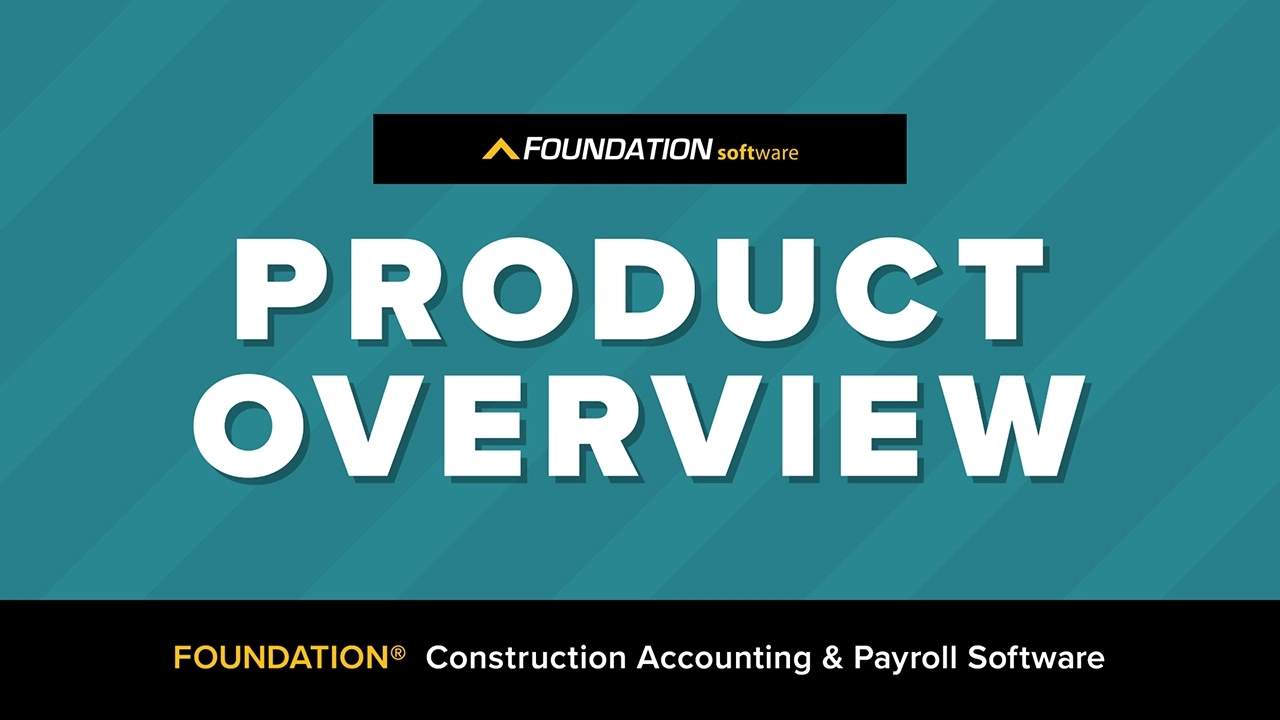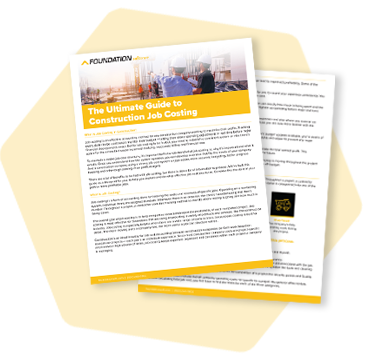
The commercial construction industry is significantly influenced by political shifts, particularly during election years.
As we approach another major election this November, construction owners, supervisors, contractors, and other construction professionals must stay informed and prepared for the potential changes that follow.
Elections have historically impacted the commercial construction industry, affecting everything from infrastructure funding and labor laws to regulatory policies and taxation.
For example, the 2020 presidential election led to the Infrastructure Investment and Jobs Act under the Biden administration, which pledged trillions to rebuild roads, bridges, and broadband networks.
Let’s examine the trends and expectations for the upcoming elections and how to best prepare for the changes that may lie ahead.
Key Takeaways for Contractors in the Commercial Construction Industry:
- Elections directly influence policies related to infrastructure spending, taxation, labor, and environmental regulations, which can significantly affect the construction industry.
- The outcome of the election will determine the level of federal investment in infrastructure projects, impacting the scale and scope of available work.
- Changes in tax rates can affect construction firms’ profitability and cash flow, as well as their ability to invest in projects.
- Using a comprehensive construction accounting system can help streamline cost tracking, manage payroll, and ensure compliance with new labor and tax laws.
The Historical Impact of Political Elections on the Construction Industry
Historically, elections have frequently brought about substantial shifts in the construction sector.
These shifts are often linked to the winning party’s stance on public spending, infrastructure, taxes, and labor regulations.
Elections often lead to new or adjusted budgets for public works.
Similarly to the changes made after the 2020 election, the Obama administration passed the American Recovery and Reinvestment Act (ARRA) after the 2008 election, a stimulus package that brought billions into infrastructure projects across the country.
Public construction projects generally see a rise when there is an administration focused on federal infrastructure investment, according to the U.S. Department of the Treasury.
What to Expect This Election Cycle
As we navigate this election-year, several factors could significantly influence the construction industry.
Infrastructure Bills and Public Spending
There is a chance for increased federal investment in infrastructure — but the methods and compliance requirements will vary depending on the election results.
There may be a focus on private partnerships, deregulation, and tax incentives for construction companies.
Or it could shift to prioritize large-scale public spending initiatives, focusing on sustainability and green building practices.
Infrastructure bills and public spending could impact contractors directly in two ways:
- If the focus is on private partnerships, deregulation, and tax incentives, contractors could see increased opportunities for bidding on public projects, as well as potential cost savings through reduced regulations and tax breaks.
- However, they may also face increased competition from other private companies.
- If the focus is on large-scale public spending initiatives, contractors could see a significant increase in demand for their services, particularly for projects that prioritize sustainability and green building practices.
- However, they may also face challenges related to securing financing and complying with new regulations.
Tax Policies
Tax reform is a constant talking point for both political parties during elections. A shift in leadership may lead to changes in tax rates, which could affect construction firms’ profitability and cash flow.
Corporate tax cuts may allow for increased capital investment in government projects, while tax hikes could reduce available funds for expansion or modernization efforts.
Labor Market and Wages
Ongoing discussions about the federal minimum wage, union rights, and immigration reform will have a significant impact on labor costs and availability.
For construction firms, the rising cost of labor or the introduction of new worker protection regulations could affect project pricing and scheduling.
Green Energy and Sustainability
Sustainability is a growing focus for the construction industry, and election results may dictate how green energy policies are implemented.
Depending on the election results, increased focus on sustainability could lead to changes in commercial building codes that require new construction projects to meet higher energy efficiency standards and incorporate renewable energy sources.
This could also lead to a surge in green energy projects, such as solar and wind farms, as well as energy-efficient upgrades to existing buildings.
How to Prepare for the Post-Election Period
With so many variables at play, how can construction firms prepare for the potential changes brought on by the election?
Here are a few strategies to ensure your business is well-positioned, no matter what happens at the polls.
Stay Informed
Knowledge is power. Keep up to date on the policies each candidate supports and how those policies might impact your operations and construction growth.
This will help you anticipate changes and start planning early.
Also, monitor how election results may influence interest rates, as shifts in monetary policy can affect the cost of borrowing for construction projects.
Review Your Contracts and Bids
Uncertainty often leads to volatility in material prices and labor costs. Make sure your contracts account for possible construction cost fluctuations.
Including price escalation clauses in your contracts can protect you from rising costs and market conditions post-election.
In the case of publicly funded projects, consider how changes in government priorities may impact your existing bids.
Evaluate Your Workforce
Prepare for potential shifts in labor availability or costs. If immigration or wage laws change, having a contingency plan for staffing skilled workers can help you stay ahead.
This may include exploring automation or technology solutions to reduce reliance on manual labor in the future.
To prepare for potential tax shifts or reporting requirement changes, it’s essential to review your current accounting processes and systems to ensure they can accommodate new regulations.
Consider consulting with a tax professional to identify potential areas of concern and develop a strategy to mitigate any negative impacts of potential policy decisions.
Leverage Construction Accounting Software
The complexity of post-election regulatory changes and financial impacts calls for advanced tools to track and manage costs.
Using a comprehensive construction accounting software like FOUNDATION® accounting software can help streamline cost tracking, manage payroll and ensure compliance with new labor and tax laws.
Automation tools will allow your team to stay agile and responsive to shifts in the economic and regulatory environment.
Learn More About Elections Effects on the Construction Industry With FOUNDATION
Election outcomes have always played a pivotal role in shaping the construction industry.
Whether through changes in infrastructure funding, tax policies, or labor laws, the results of the upcoming November election are sure to have significant consequences for builders and contractors across the country.
By staying informed, reviewing contracts, evaluating your workforce, and leveraging the power of advanced construction accounting software like FOUNDATION, construction firms can stay resilient and ready to navigate whatever comes after the votes are cast.
Chat with a specialist today to learn more!
Share Article
Keep on current news in the construction industry. Subscribe to free eNews!
Our Top 3 YouTube Videos
Learn about our software more in depth with product overviews, demos, and much more!

Our ACA reporting & e-filing services include official 1094-C and 1095-C IRS reporting, optional e-filing (no applying for a TCC code required), mailing to your employees and experienced support to help you.

There are plenty of reasons to make FOUNDATION your choice for job cost accounting and construction management software — just ask our clients!

From job cost accounting software, to construction-specific payroll. Get an overview on your next all-in-one back-office solution.



